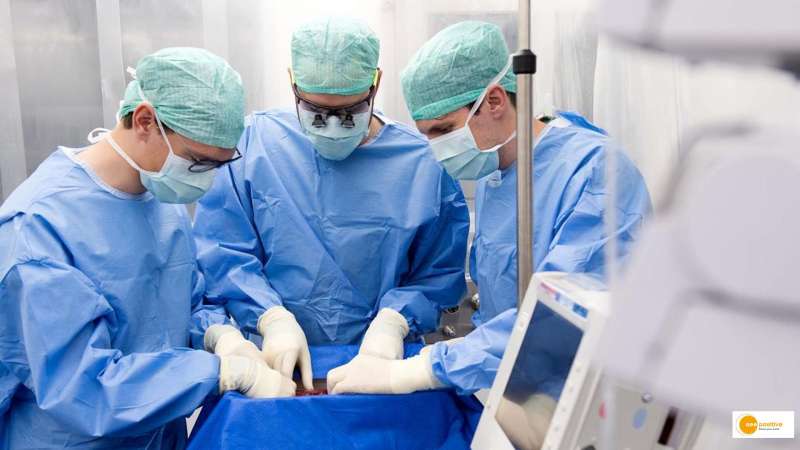

Experts believe that a new method of preserving donated kidneys could reduce the number of organs discarded.
According to Kidney Research UK, approximately 100 kidneys could be saved for transplant each year after being retrieved from donors.
Based on three years of NHS Blood and Transplant data, the charity determined how many kidneys were clinically unfit for use. The research that we are funding aims to extend this critical window of opportunity from retrieval to transplant.
However, a new technique for better preserving kidneys before surgery could keep them viable for longer, increasing the number of organs available for transplant.
Implement within 3 years
The researchers believe their methods could be implemented within the next three years, addressing some of the logistical and operational issues that plague many NHS transplant centres.
Sandra Currie, chief executive of Kidney Research UK, said: “Patients wait on average over a year-and-a-half for a kidney transplant, some wait much longer and when they do receive the call, they can face a very difficult and tense time involving an urgent journey to the hospital to avoid the risk of missing out on a life-changing organ.
“Unfortunately, we know of many patients who have been called to hospital multiple times, only to be told the donor kidney cannot be used after all.
“One important reason for this is the very short time available currently to keep the kidney in good condition ahead of the surgery to transplant it.
“The research that we are funding aims to extend this critical window of opportunity from retrieval to transplant.”
More patients can receive life-saving transplants
With current guidelines recommending only three to six hours of perfusion, our methods could allow for more time, allowing more patients to receive life-saving transplants and wasting fewer precious organs.
Dr. John Stone and Professor James Fildes of Pebble Biotechnology Laboratories in Alderley Park, Macclesfield, have made strides in prolonging the viability of retrieved kidneys.
The study employs a technique known as normothermic perfusion, in which oxygenated blood is pumped through a kidney to simulate blood flow within an organ.
Cold storage of the kidney is currently the standard method, but the longer the organ is kept on ice, the more likely it will be damaged. Perfusion may provide a storage solution that does not jeopardise the organ’s viability.
Current guidelines recommend that perfusion be used only to test kidney function, ideally for less than three hours before causing organ damage.
In an experimental setting, however, researchers developed a new protocol with pig kidneys that showed no evidence of injury after 24 hours. They are currently attempting
to extend perfusion into days.
Transplant centres are under enormous pressure to ensure that the organ is not wasted, but they face operational challenges such as a lack of resources and sharing operating rooms with other departments, which means that surgeons simply run out of time despite their best efforts.
Dr Stone said: “So far, we have been able to keep a kidney on the perfusion circuit for 24 hours without causing damage.
“With current guidelines advising just three to six hours of perfusion, our methods could allow more time so more patients receive their life-saving transplant and fewer precious organs go to waste.”
Inspiration for the project came from Dr Stone’s 11-year-old nephew, Luke, who received a kidney transplant from his father in May this year.
Average transplant lasts for?
The average transplant lasts for up to 20 years, so Luke will probably need at least one more in his lifetime, meaning the work could be crucial to giving him a better outcome in the years ahead.
Dr Stone, senior scientist at Pebble Biotechnology Laboratories, said: “The clock is ticking as soon as you remove a kidney from a donor, you have a short amount of time before the organ is no longer viable.
“Transplant centres are under immense pressure to ensure the organ is not wasted but face operational challenges such as a lack of resources and sharing operating theatres with other departments, meaning that despite their best efforts, surgeons simply run out of time.”


